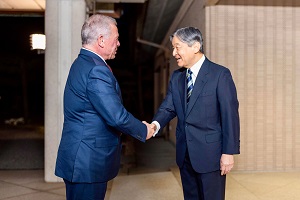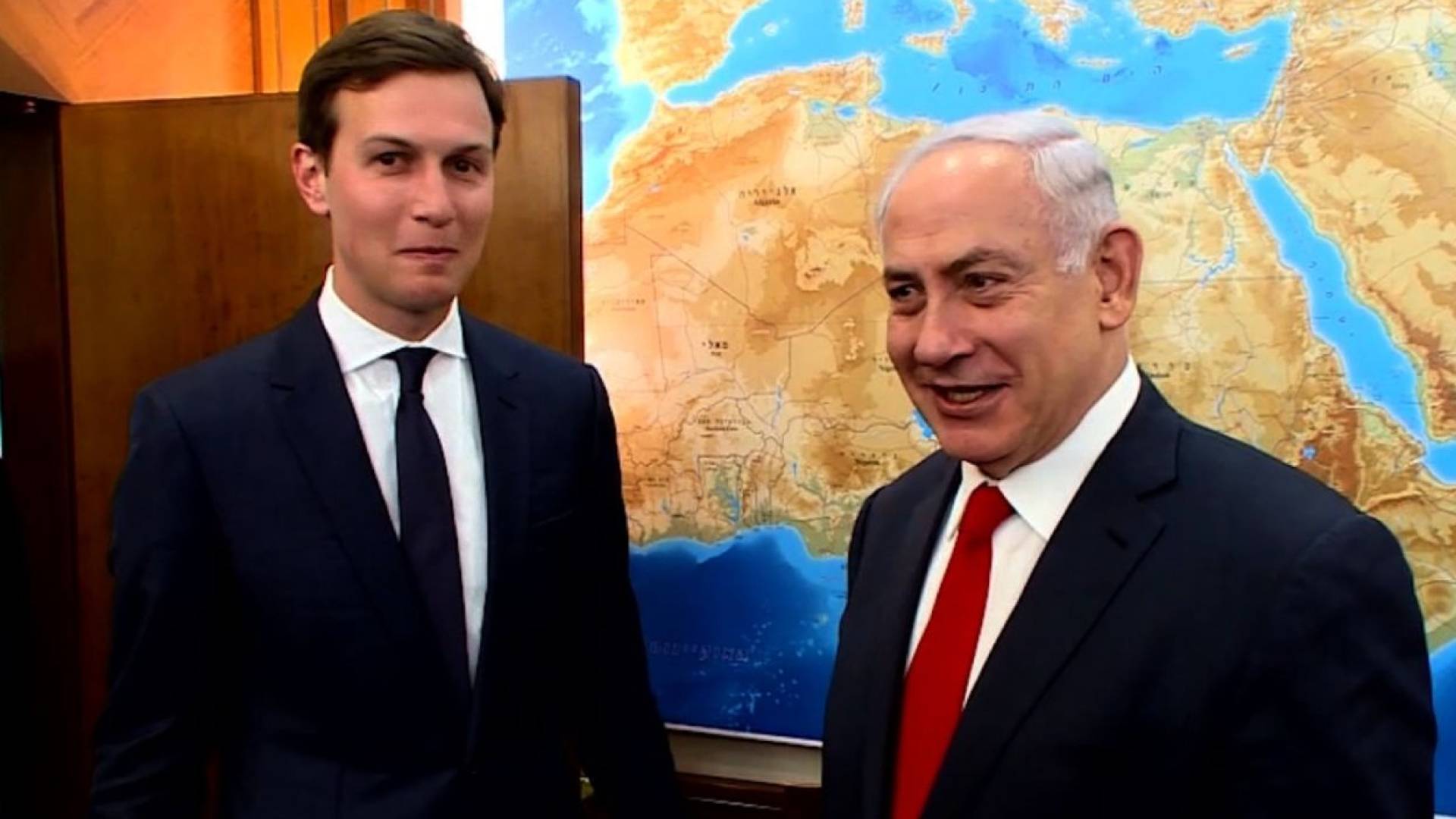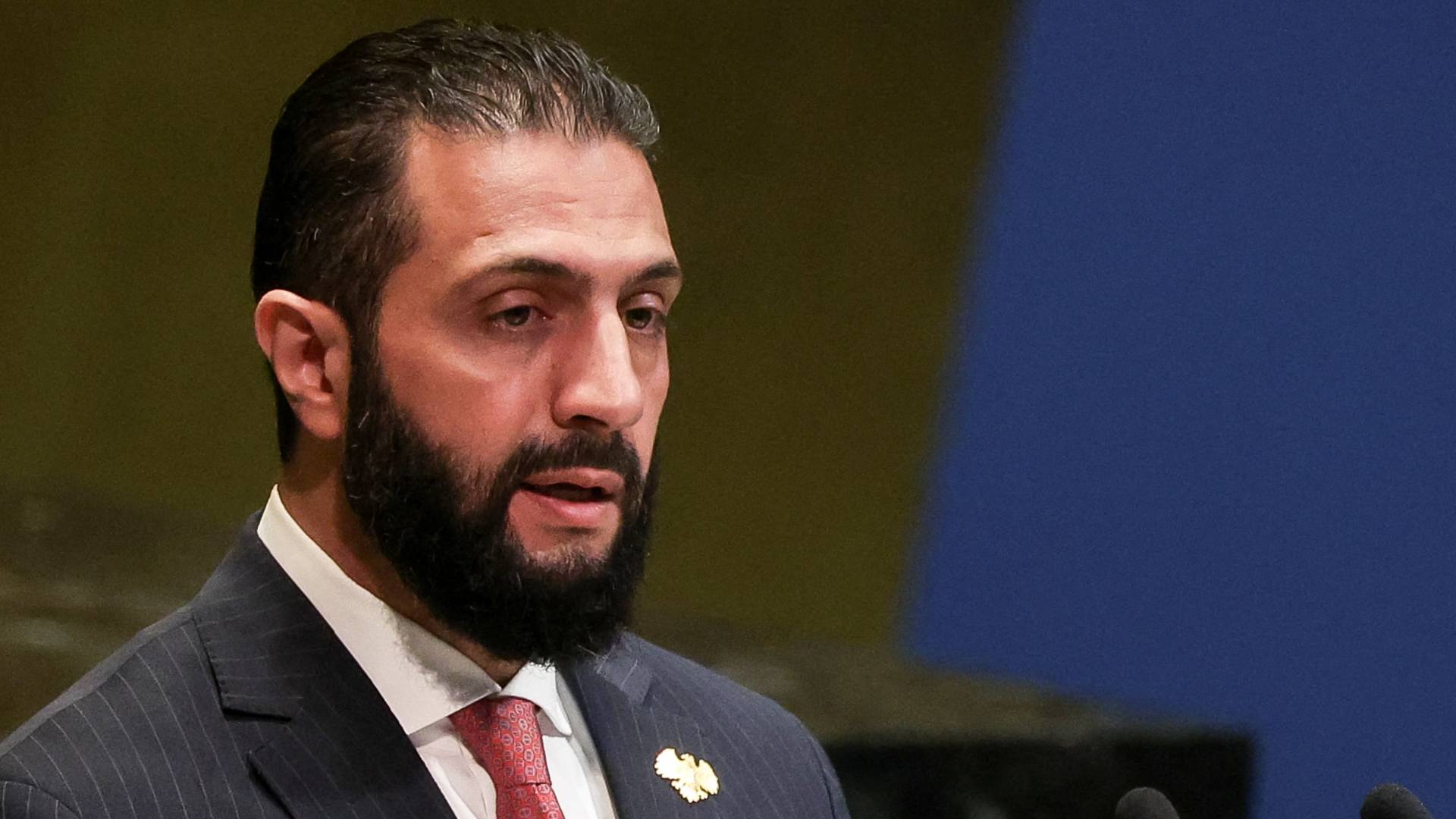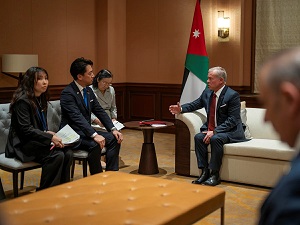Jordan’s evolving battle against extremism: Two decades after Amman hotel attacks
AFP
AMMAN — The 2005 hotel bombings in Amman marked the beginning of a long and shifting confrontation with extremism, one that experts said would reshape Jordan’s security attitude and regional role over the next two decades.
As regional instability deepened, extremism evolved beyond traditional structures. The killing of Jordanian pilot Muath Kasasbeh in 2015 highlighted how extremist groups used brutality and digital propaganda to expand their influence. The following year, the Karak Castle and Irbid attacks demonstrated a different dimension of the threat, small, decentralised cells capable of exploiting symbols and civilian sites. Together, these incidents formed a chain that pushed Jordan to rethink how threats begin and how they must be countered.
While the 2005 attacks reflected a more conventional model of terrorism, recent developments show that the threat has become increasingly technological and remote.
Authorities have recently announced the disruption of sensitive security cases involving attempts to manufacture rockets, assemble explosive drones, recruit members and conduct illegal training.
In remarks to The Jordan Times, analysts said that this shift illustrates how extremist actors now rely on advanced tools that require stronger intelligence, engineering expertise and rapid-response capabilities.
Against this evolving backdrop, analysts argued that Jordan’s counter terrorism approach has adapted in phases that mirror the changing nature of the threat.
Geopolitics expert Amer Sabaileh explained that the persistence and intensity of extremist activity made alliances and pre-emptive action central to Jordan’s stability.
“There is no doubt the threats remain and at times become more intense,” Sabaileh said.
“Jordan’s alliances are fundamental. The security apparatus has grown significantly even as extremist groups evolve and multiply. Jordan remains a target, but its proactive approach and strong partnerships continue to contain these dangers.”
Military strategist Nidal Abu Zaid highlighted how the early attacks not only shaped threat perception but also strengthened internal cohesion, allowing Jordan to move from reactive monitoring to proactive response.
He explained that this shift helped Jordan intercept threats before they reached its borders and deepened its participation in global counterterrorism efforts.
Adding a structural dimension, political analyst Thamer Anawsa explained that the growing challenges of the past two decades gradually evolved into a formal, long-term security policy.
He argued that the development of professional security institutions enabled Jordan to undo increasingly complex plots and maintain a stable security environment despite regional volatility.
Assistant professor of political and international studies Mohammad Jarwan emphasised that the same trajectory strengthened Jordan’s global credibility, noting that sustained cooperation with the UN, the Security Council and European partners transformed counterterrorism into a consistent foreign-policy principle, establishing Jordan as a reliable regional model by balancing security requirements with legal and diplomatic legitimacy.




